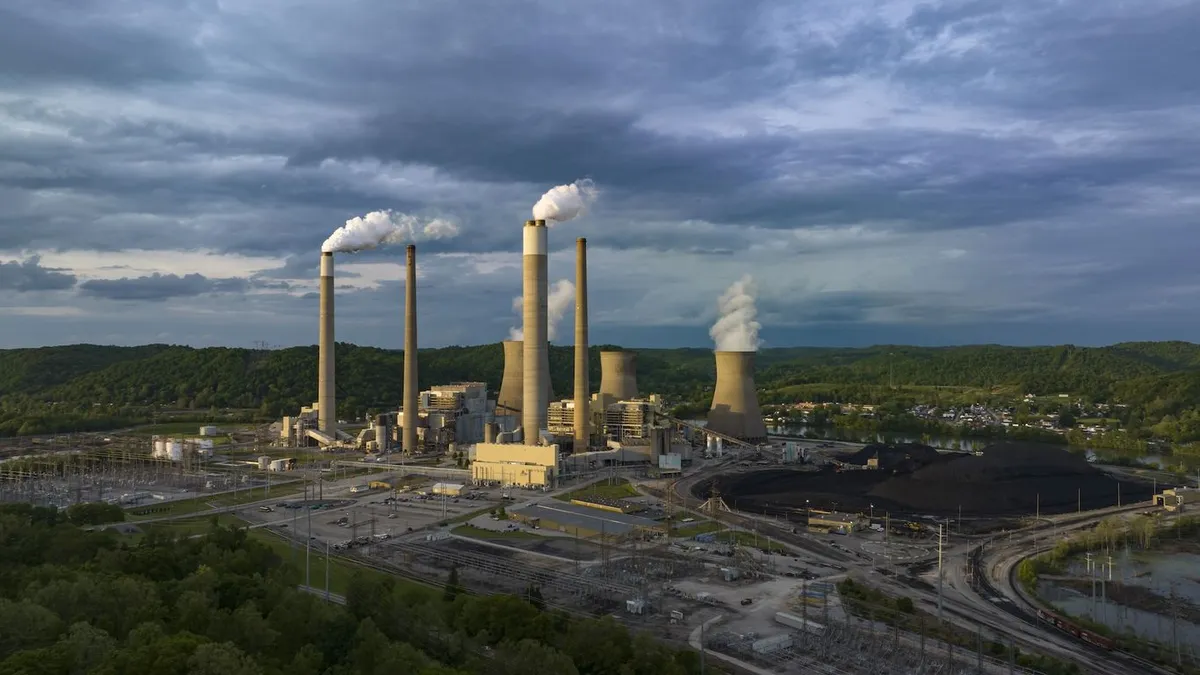
EPA Administrator Lee Zeldin announced on Tuesday his intention to issue draft plans aimed at overturning the agency's 2009 scientific finding that concluded greenhouse gases pose a significant threat to human health and welfare. This controversial move is expected to trigger litigation, as it represents a major shift in the United States’ approach to climate regulation.
This initiative signifies President Trump's most aggressive attempt to dismantle existing climate regulations, making it more challenging for future administrations to implement new ones. The 2009 endangerment finding serves as a crucial legal foundation for regulating heat-trapping gases emitted from various sources, including cars and power plants, under the Clean Air Act.
During his appearance on the popular conservative podcast Ruthless, Zeldin remarked that the plan could be seen as "driving a dagger into the heart of the climate change religion." This statement underscores the administration's intent to challenge the prevailing scientific consensus regarding climate change. The EPA had first hinted at this move back in March, indicating an intention to overturn the decision and roll back climate regulations specifically targeting cars and trucks.
The original endangerment finding was issued by the EPA in response to the landmark 2007 Supreme Court case, Massachusetts v. EPA, which determined that greenhouse gases should be classified as pollutants under the Clean Air Act. This ruling enabled former President Obama to issue an executive order in 2009 that empowered the EPA to establish emissions standards for any sources deemed to reasonably impact health and welfare.
In anticipation of the proposal, several researchers and environmental advocacy groups have voiced their concerns. They argue that overturning the endangerment finding contradicts the scientific consensus regarding the serious and ongoing harms associated with climate change. The Environmental Defense Fund described the initiative as "callous, dangerous, and a breach of our government’s responsibility to protect the American people from devastating pollution." Dan Becker from the Center for Biological Diversity added that revoking this critical scientific finding prioritizes the interests of Big Oil over public health and sound science.
Despite the backlash, Zeldin maintains that he supports reducing pollution, casting the current emissions regulations as a distraction. He emphasized his commitment to ensuring clean air, land, and water, asserting that "conservatives love the environment and want to be good stewards of it." However, he also claimed that some individuals are attempting to "bankrupt the country" under the guise of combatting climate change.
As the EPA moves forward, Zeldin has expressed openness to public feedback, stating that there will be a public comment period before a final decision is made. He indicated that the agency welcomes discussions around what he referred to as "faulty conclusions" regarding climate-related harms. Legal experts are observing the situation closely, as certain lawsuits could emerge if the EPA finalizes the draft proposal. According to ClearView Energy Partners, opponents may seek to expedite the elimination of greenhouse gas regulations by arguing that, without an underlying endangerment finding, these rules are arbitrary and capricious.
In conclusion, as the EPA navigates this contentious issue, the implications of overturning the endangerment finding could have lasting effects on environmental regulations and public health in the United States.